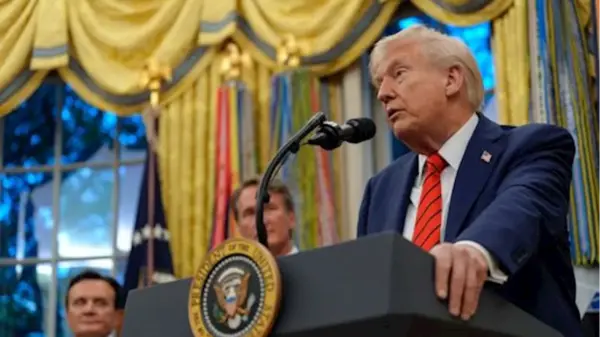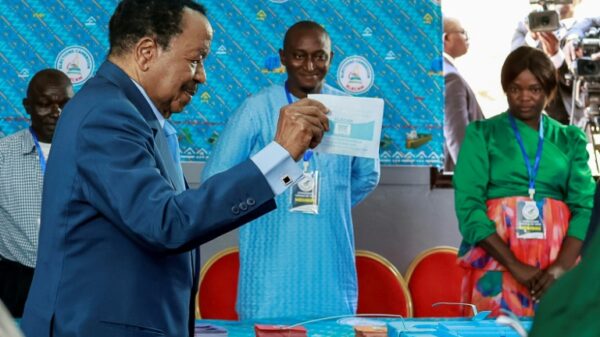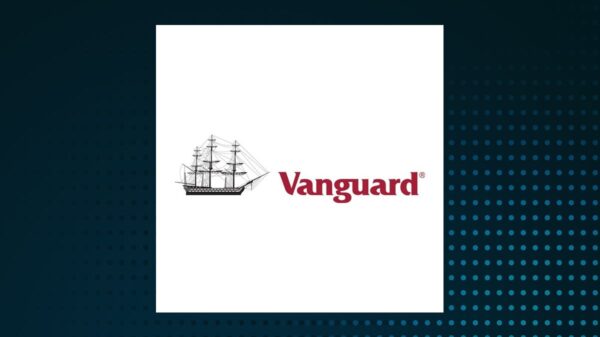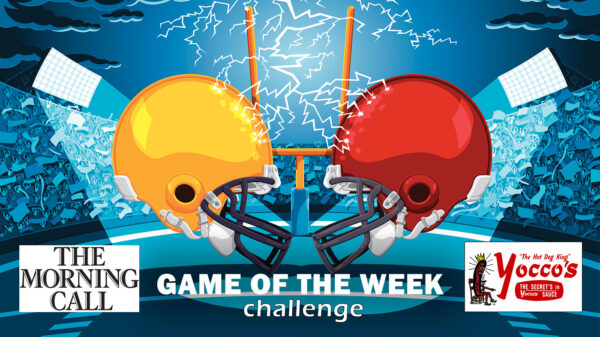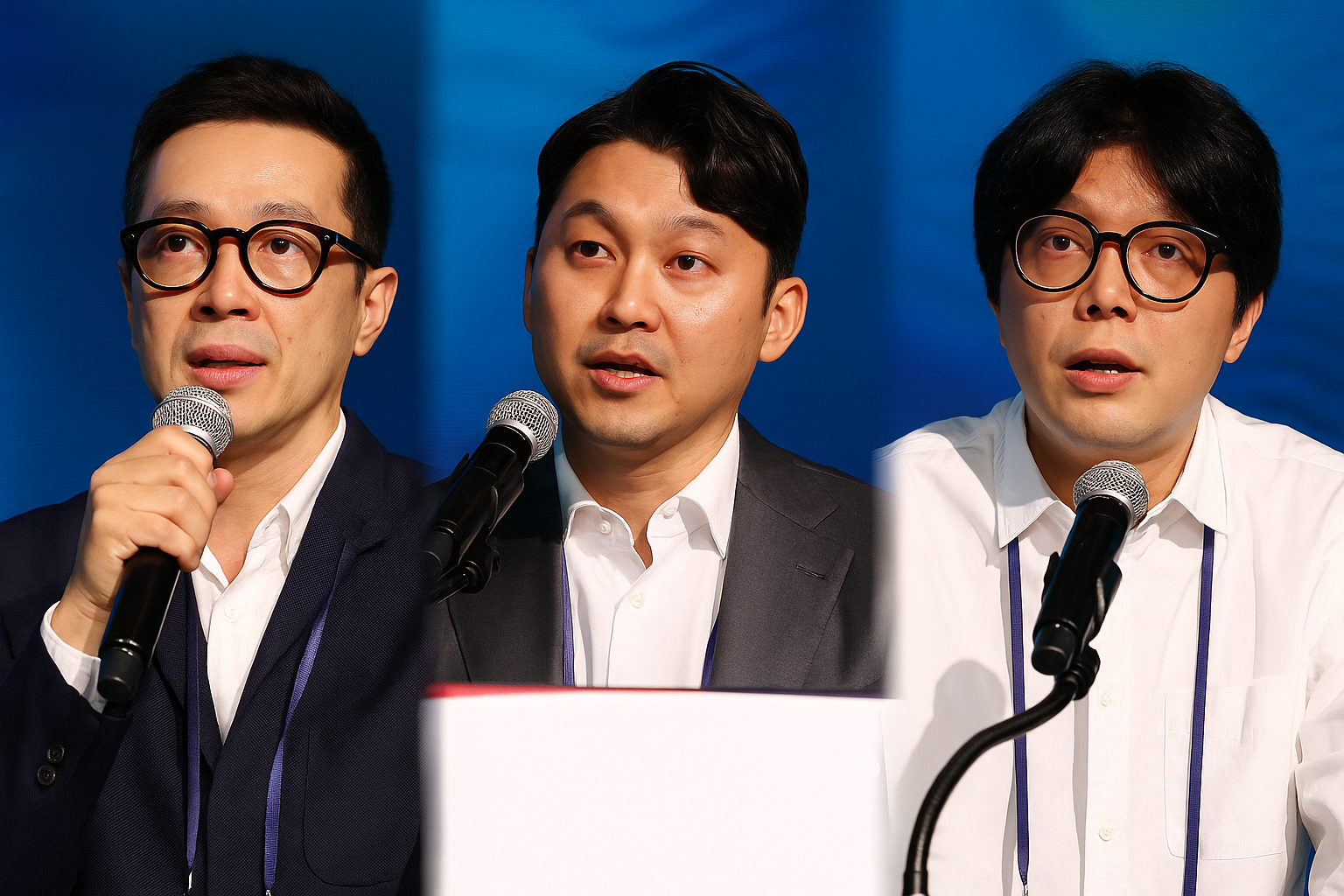K-pop labels are intensifying their localization strategies to maintain the global fandom surrounding their artists. This effort involves collaborations with music studios and social media platforms, particularly in key markets like the United States and China. Leaders in the industry discussed these initiatives at the Korea Investment Week 2025 (KIW 2025), emphasizing the evolution of K-pop into a significant cultural and economic force.
At the forefront of these efforts is Shin Hyun-kuk, head of JYP Entertainment Corp. in the United States. During a forum at KIW 2025, he remarked, “K-pop is no longer just a music genre. It has now evolved into an irreplaceable new industry.” Central to JYP’s strategy in the U.S. is the A2K program, short for America2Korea. Launched in 2023, this audition initiative aims to create K-pop girl groups through a collaboration between JYP America and Republic Records, a subsidiary of Universal Music Group.
Shin highlighted the innovative approaches the company is adopting: “We’re developing AI artists tailored for the US market,” demonstrating a commitment to modernizing K-pop’s appeal in a competitive landscape.
In China, localization is also a priority for Kakao Entertainment Corp. and its affiliate SM Entertainment. Kim Dong-hyun, who oversees operations in China, shared insights into their strategy, stating, “We actively engage with local fandoms through major platforms such as Weibo, Douyin, and Xiaohongshu.” This engagement comes after Tencent Music Entertainment Group acquired a stake in SM Entertainment in May, a move expected to bolster the company’s expansion efforts in the Chinese market.
Korean Animation Studios Join the Global Merchandise Trend
In addition to music, Korean animation studios are capitalizing on the growing global interest in their franchises. SAMG Entertainment, known for the popular animated series Catch! Teenieping, is exploring opportunities in the merchandise sector. During the KIW 2025 forum, Choi Jae-won, the chief operating officer of SAMG, emphasized the potential for growth in this area. “The global character merchandise market is growing explosively,” he stated.
Choi outlined the studio’s medium- to long-term goals, which include entering significant Chinese merchandise distribution platforms like Pop Mart and Miniso. This strategy aims to achieve quantitative growth and capitalize on the rising demand for Korean animated content.
As K-pop and Korean animation continue to capture the hearts of fans worldwide, these localization efforts and strategic partnerships are set to enhance the global presence of Korean culture. The industry leaders at KIW 2025 are not only adapting to current trends but also shaping the future of entertainment on a global scale.














